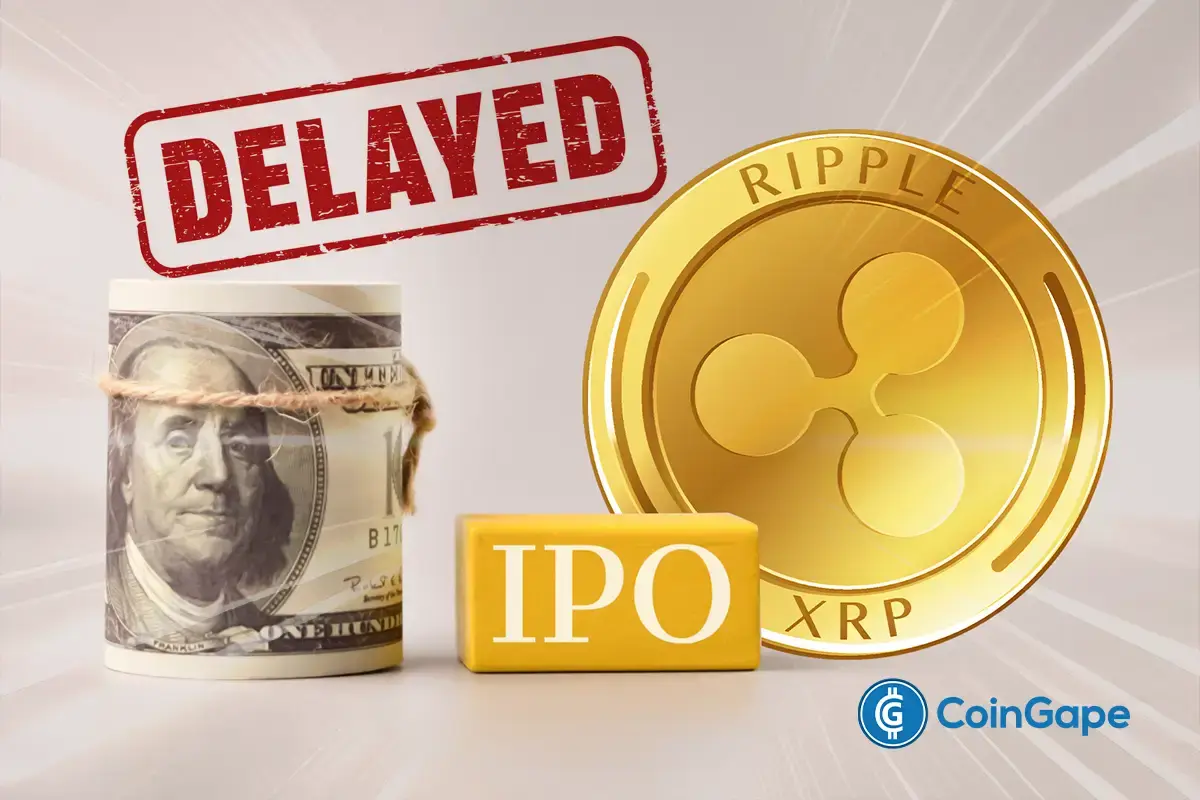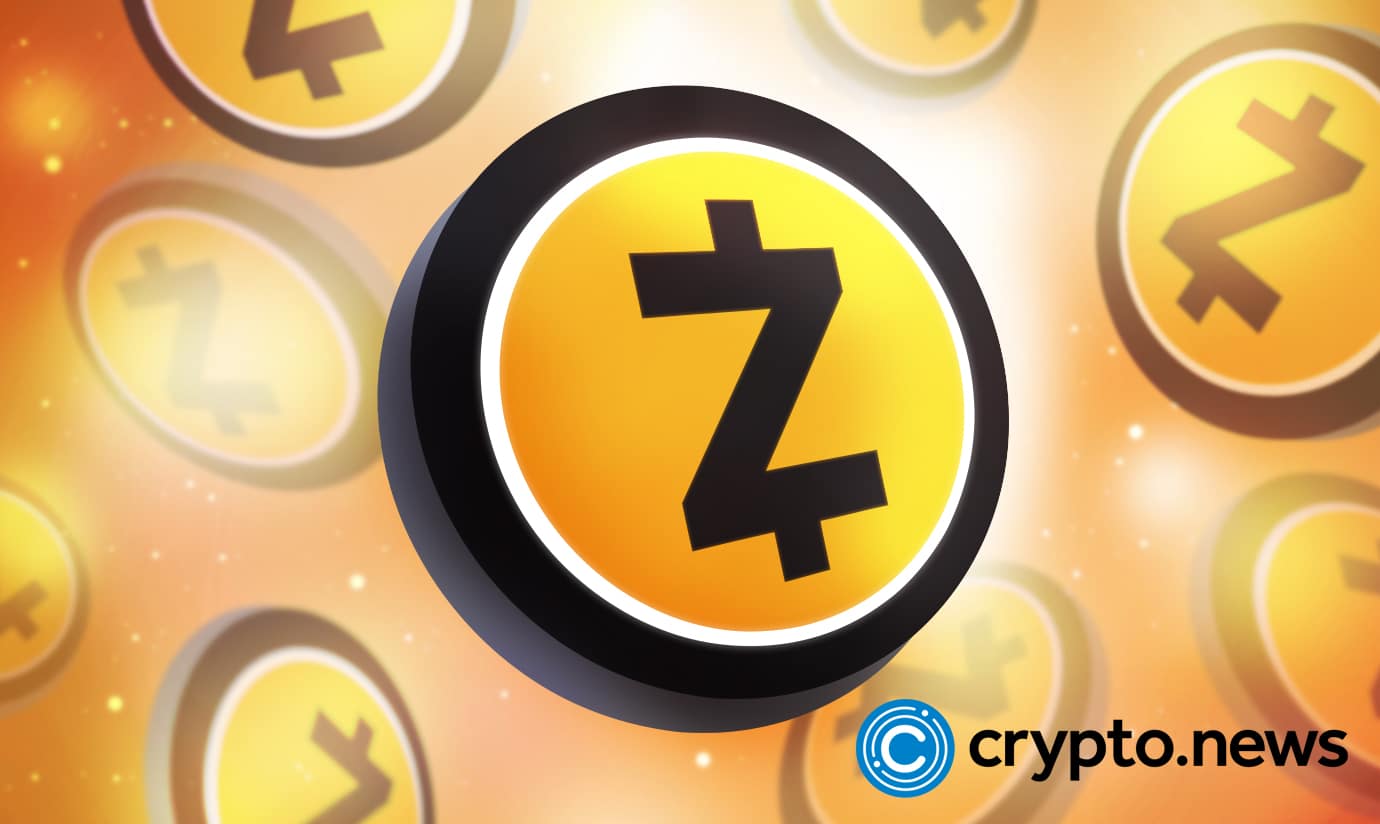Bitcoin Mining: High Costs, Higher Returns for Major Operations
Bitcoin mining, the process of validating and recording transactions on the Bitcoin blockchain, has gained significant popularity and media attention in recent years. With the increasing price of Bitcoin, the incentive for mining has grown exponentially. However, the costs of Bitcoin mining are not insignificant, and only major operations with huge mining capacity can truly reap the rewards.
Costs of Bitcoin Mining
The costs of Bitcoin mining can be broken down into several categories: hardware, electricity, and operational costs. Hardware costs include the purchase of specialized mining equipment, such as Application-Specific Integrated Circuits (ASICs), which are designed specifically for mining Bitcoin. These costs can range from a few hundred dollars for a basic setup to tens of thousands of dollars for a large-scale mining operation.
Electricity costs are another significant expense, as mining requires a large amount of energy. The energy consumption of Bitcoin mining is estimated to be around 70 terawatt-hours per year, which is roughly equivalent to the energy consumption of the entire country of Belgium. This energy consumption translates to substantial electricity bills for miners.
Operational costs include the costs of maintaining the mining equipment, such as cooling and maintenance, as well as the costs of securing the physical location of the mining operation to prevent theft or damage.
Returns on Investment (ROI) for Major Operations
Despite the high costs of Bitcoin mining, the potential returns on investment (ROI) are even higher for major operations with huge mining capacity. This is due to a few key factors:
- Economies of Scale: Large-scale mining operations can benefit from economies of scale, which means that the per-unit cost of mining decreases as the scale of the operation increases.
- Network Effect: Bitcoin’s decentralized network relies on a distributed consensus mechanism, which means that the more nodes (miners) there are on the network, the more secure it becomes. This creates a network effect that can drive up the value of Bitcoin, increasing the potential ROI for miners.
- Block Rewards: Every time a new block is added to the Bitcoin blockchain, the miner who solves the puzzle and validates the block is rewarded with newly minted Bitcoin. This block reward is currently 6.25 BTC per block, which is a significant incentive for large-scale mining operations.
Additionally, the ongoing bearish or bullish trend of Bitcoin price can significantly impact the ROI for miners. When the price of Bitcoin is high, the ROI can be substantial, while a bear market can result in lower profits or even losses.
Impact on Individuals
For individuals, the high costs and risks associated with Bitcoin mining may make it an unattractive investment. However, there are other ways to participate in the Bitcoin ecosystem, such as buying and holding Bitcoin as a long-term investment or using it as a means of exchange.
Impact on the World
The increasing energy consumption of Bitcoin mining has raised concerns about its environmental impact. Some critics argue that the energy consumption of Bitcoin mining is unsustainable and could contribute to climate change. Others argue that the benefits of Bitcoin, such as its role as a decentralized store of value and medium of exchange, outweigh the costs.
Furthermore, the concentration of mining power in the hands of a few large mining operations could lead to centralization and a loss of decentralization, which is a core principle of Bitcoin. This could have implications for the security and stability of the Bitcoin network.
Conclusion
Bitcoin mining is a complex and capital-intensive process that requires significant resources and expertise. While the costs of mining are high, the potential returns on investment for major operations with huge mining capacity are even higher. However, the environmental and social implications of Bitcoin mining are significant and should not be ignored. As the Bitcoin ecosystem continues to evolve, it will be important to balance the potential benefits of Bitcoin with the costs and risks associated with its production.
For individuals, participating in Bitcoin mining may not be a viable investment option due to the high costs and risks involved. Instead, they may choose to buy and hold Bitcoin as a long-term investment or use it as a means of exchange. Regardless of how individuals choose to participate in the Bitcoin ecosystem, it is important to stay informed about the latest developments and trends in the space.





